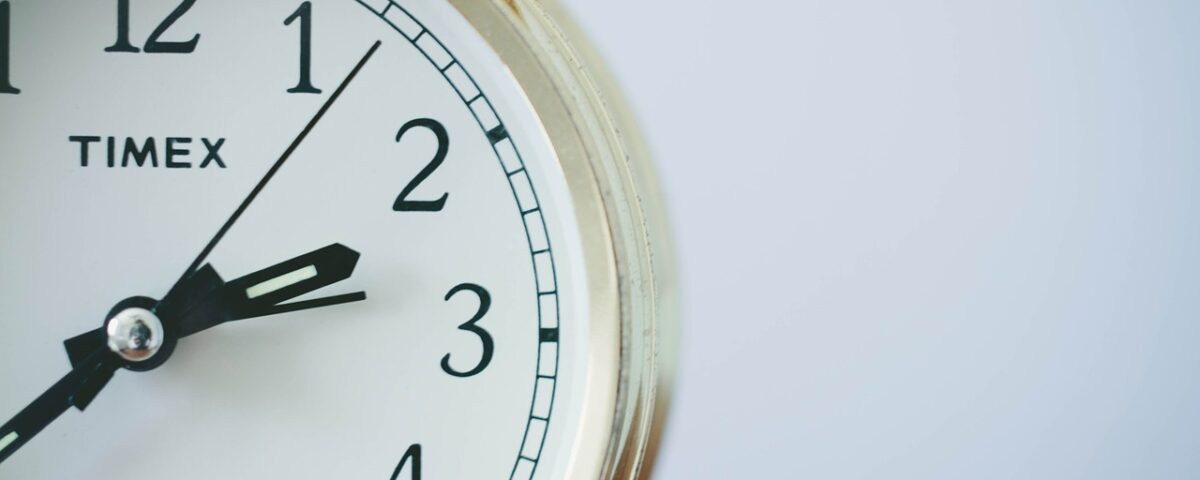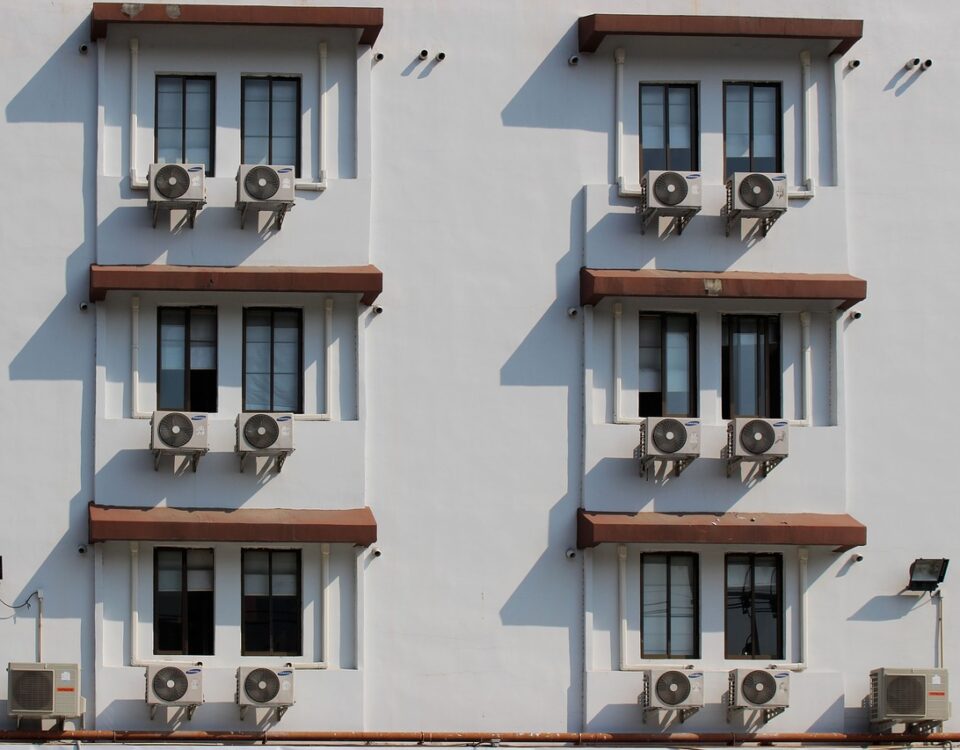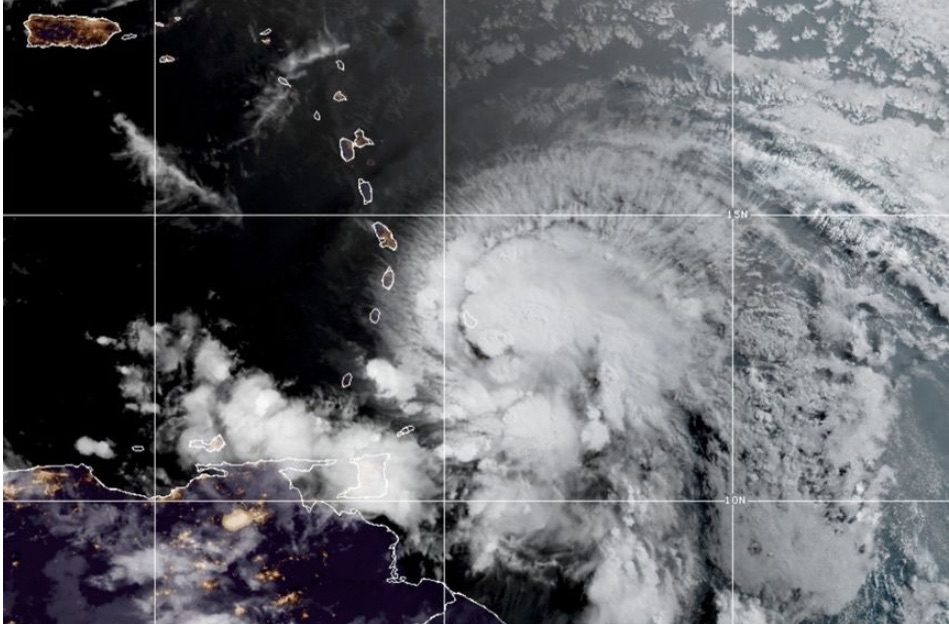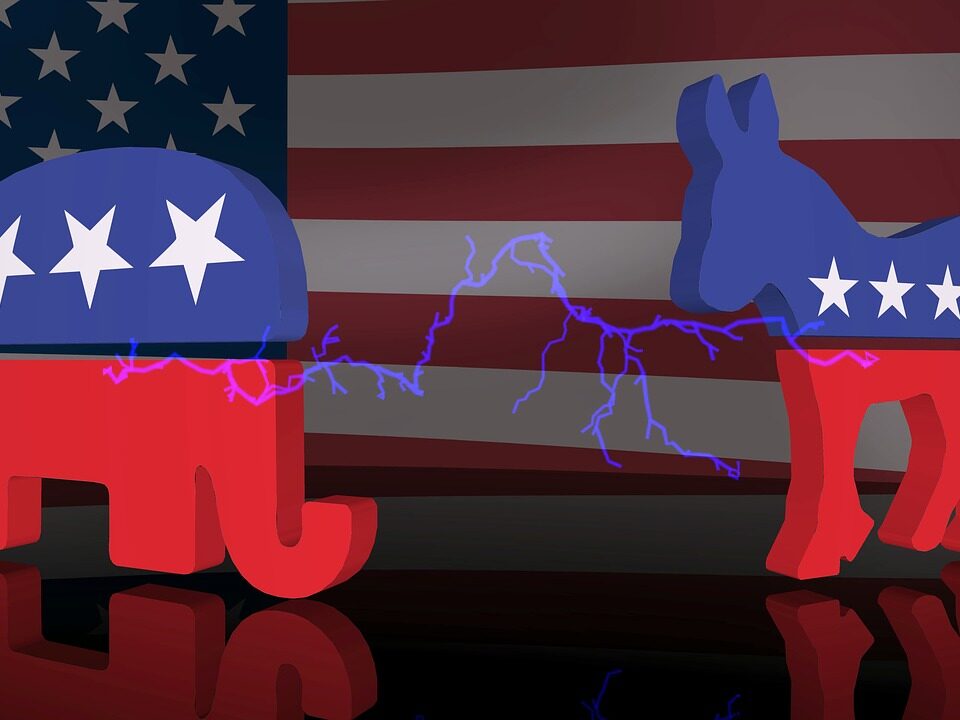
Our Weekly Economic News Roundup: From Pricey Purses to Middle Seat Misery
March 7, 2020
Six Facts That We Need to Know About Oil
March 9, 2020Through a very unscientific online survey, I concluded that Starbucks opens earlier on the U.S. West Coast than in the East. In San Francisco and Los Angeles, we can enjoy our grande Caramel Macchiato at either 4:30 or 5:00 a.m. For NYC, it was 5:30 or 6:00.
The reason? With financial markets very much awake at 9 a.m. in New York, some of the West Coast responds by getting up earlier because of the three hour gap. And today, Californians, having lost an hour of sleep, will arise even earlier.
The hour that we shift twice yearly is one of many considerations that relate to the time. Although the debate seems to focus on whether we retain the switch between daylight saving and standard time, there is so much more.
Let’s begin with some history.
Daylight Saving Time (DST) History
The idea of shifting the clock has been around for a long time. In 1784, Benjamin Franklin suggested (somewhat sarcastically) more morning light would let us conserve candles. And, for some reason, daylight saving time history commemorates George Vernon Hudson, a New Zealand entomologist who, in 1895, wanted more evening light to study his insects.
In the U.S., we have to look to 1918 when the Congress included a daylight saving time clause in time zone legislation. Hoping to move the clocks forward every May 31, instead they created a huge flap. On one side, farmers objected saying their cows could not be milked and their work could not begin in dark wet fields. At the same time, baseball team owners cheered that later games would boost attendance while the founder of Filene’s department store predicted that more women would shop after work.
In 1919, the Congress wound up rescinding daylight saving time and then went back and forth until the Uniform Time Act of 1966 and the Energy Policy Act of 2005 made it the law for (most of) the land. The problem though is that DST’s rationale relates to energy conservation–a conclusion that is probably inaccurate and perhaps irrelevant. Still nine states have voted for year round DST but they cannot proceed without Congressional approval.
The DST Debate
The daylight saving debate is about crime and our health. It takes us to our physiology, to what society has decided, and to the sun. It is also about the economy.
Daylight saving is good for us because crime rates diminish when there is more light at night. It could be bad for us because during the week after the shift, there have been more emergency room visits, more accidents, strokes, and heart attacks. Furthermore, a recent study from economists at the University of Pittsburgh concludes that late sunset communities experience the sleep deprivation that diminishes health and productivity. However, we also have evidence that in the long run there there are fewer pedestrian fatalities. Still other researchers point out that the extra calories and commercial activity that later light encourages are good for us.
To all of this I would add that some of us are larks, others are owls, and those in between are doves. But our morning or night preferences and other physiological programming can be offset or upset by the time society has selected through, for example, a time zone. Meanwhile, we also are aware of a “sun clock” that signals what time it should be.
Our Bottom Line: Tradeoffs
So yes, November is delicious when we get an extra hour. And today is torture because lost it. However, the real question is about far more than choosing between daylight saving and standard time.
Actually, it all returns us to the Starbucks that has to open early on the Pacific Coast. Whereas our watch says it is 5 am., we feel the real time on our circadian clock, a social clock, and a sun clock.
What to do? As economists, we can only return to tradeoffs. Knowing that time matters immensely, there is no ideal answer…only an opportunity cost (a sacrificed alternative) for each time we choose.
My sources and more: WSJ had the up-to-date research on DST. It alerted me to this paper and this one. Then, in past econlife posts on the daylight saving debate, I suggested Quartz, Tim Harford in a Slate article from long ago, and this University of Pittsburgh paper on social jet lag.
Please note that the several of today’s sentences were published in past econlife posts.
![econlifelogotrademarkedwebsitelogo[1]](/wp-content/uploads/2024/05/econlifelogotrademarkedwebsitelogo1.png#100878)





1 Comment
Oh my gosh! This is so funny. I cant wait to share this with my money matters elective. I love that starbucks opens an hour earlier. So what do you think DST or not DST?